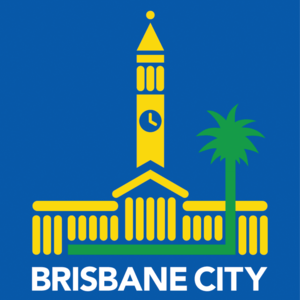A new plan for Mackenzie’s peacocks
I’m pleased to advise that Council is now preparing to implement a new management plan for Mackenzie’s peafowl population, one which will sustainably manage the population to reduce pressure on scarce food resources, improve urban amenity and protect the historic bird colony into the future.
The plan comes after the 2019 results of the Mackenzie Peacock Attitudes Survey found that residents were evenly split between ‘doing nothing’ and taking action to manage Mackenzie’s peacocks.
Council undertook the survey to gain a better understanding of which side was in the minority, unfortunately that was neither side.
Based on the survey, I asked Council officers to develop a Management Plan for the peafowl colony. 💡
It offered three site-specific management options for consideration, and revealed that there were an estimated 28 peafowl, comprising 4 males and 24 females and juveniles combined.
THE OPTIONS
Option 1- Education and monitoring only
Council could communicate relevant information and establish & enforce policies that prohibit the feeding of birds and seek to minimise issues.
Discouraging the public from feeding birds
Engaging with this community to foster an understanding of issues and everybody’s general biosecurity obligation
Installing signage
Updating Council website with peafowl species information
Compliance monitoring and encouraging the public to report issues
Option 2- Population management
Population management refers to restricting the breeding success of peafowl through limiting resources of the site that attract peafowl and through egg and nest removal.
Monitoring inspections would identify breeding places and which species are using the nests. If nests are being used, they will be inspected to determine if there are eggs or juveniles present and how many.
Nest removal would be undertaken during the peak breeding season which is from April to September each year.
Option 3- Rehoming
Trapping peafowl using large cage traps and translocate to a suitable receiving site located on private property.
Trapping would occur outside of the breeding season (April-September) to avoid abandonment of chicks and eggs.
The report recommended that based on a thorough assessment of likely benefits and negative implications of each option, that the optimal approach would be to implement a rehoming program.
OUTCOME
Considering the feedback received from the survey in 2019, I have asked Council Officers to develop a Peacock Management Plan that borrows aspects from all options presented.
This is an acknowledgement of both the detrimental impact the colony is having on the welfare of residents in specific streets, and conversely, the value of the peafowl to the suburb of Mackenzie as a whole.
During the initial survey, many residents claimed they purchased a home in the suburb primarily because of the peafowl. For example, peacocks are the national bird of India and there’s a great deal of cultural significance placed on them.
Based on this, I believe that a combination of the recommended options will provide an equitable outcome for both concerned residents and those that value the peafowl’s significance to the suburb of Mackenzie.
The prepared plan will involve:
Halving the population of the colony to approximately 14 peafowl by rehoming them onto private property;
Undertaking annual population management to ensure the population is sustainable and stable, and;
Educating local residents to discourage feeding of peafowl via the use of signage, direct community engagement and compliance monitoring.
It is important to note that if the community continue to feed the peafowl colony, Council will be left with no other option than to rehome the entire colony, and Mackenzie will lose its signature peacocks.
Council is now developing the management program to launch early next year in time for the April-September breeding season in 2021 and will be in contact with local residents in the affected areas to advise our next steps.
Thank you for your patience and feedback throughout this investigation and decision-making process. I look forward to enacting this peafowl population management plan soon to ensure that we protect our local heritage and our enviable lifestyle.

